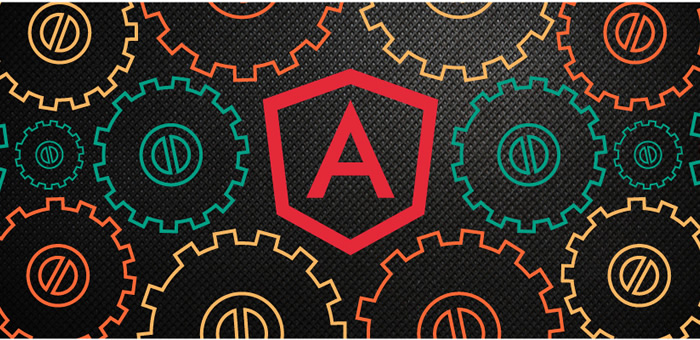With so much on offer of frameworks, sometimes is difficult to choose which to use. On this occasion, we will talk about Angular, a relatively new JavaScript-based open-source framework by Google, designed to make your front-end development as easy as possible and mainly maintained by a community of individuals and corporations to address many of the challenges encountered in developing single-page applications. Sounds great? Yeah, but as happens with almost any other framework, it has as many fans as detractors.
But wait! There is no doubt about Angular being among the top choices when choosing a JS framework, is just that in order to make the selection process fair, it is really essential to take into consideration its pros and cons… There we go!
PROS
Two-way data binding
Angular facilitates faster and easier data binding which doesn’t require a developer to intervene at all. Referred to as two-way data binding, it ensures that changes made to view are instantly displayed in the model and vice-versa.
DOM manipulation
Unlike other popular JavaScript frameworks, Angular conveniently relieves the developer of actively manipulating DOM, all thanks to its two-way data binding approach. It means that the developer saves time and efforts to code, translate and update the DOM elements.
Improved server performance & faster application prototyping
Because it supports caching and many other processes, Angular reduces burden from server CPUs. On other hand, rapid prototyping is indeed a buzzword thanks to the existence of frameworks like Angular: in no time and by writing significantly less code, you can develop app prototypes with good functionality.
Simplify the creation of single-page application
Angular is one of the most awesome framework when it comes to single page applications, because it has a built-in route provider to handle SPA based navigation. Angular's templating is based on bidirectional UI data binding. Data-binding is an automatic way of updating the view whenever the model changes, as well as updating the model whenever the view changes.
And… It Was Developed by Google
Because Angular is built by Google, you can be sure that you're dealing with efficient and reliable code that will scale with your project. If you're looking for a framework with a solid foundation, Angular is your choice!
CONS
Learning Curve & Documentation
Even though the day-by-day extending community is making easier to learning Angular, the framework has a very weird learning curve. In addition, Angular has insufficient documentation that doesn’t do a good enough job of covering all aspects of this framework.
Scopes
Debugging scopes can be a huge problem in an otherwise amazing framework like Angular. Quite layered and arranged hierarchically, scopes can be complex entities to handle if it is your first experience with Angular.
JavaScript support mandatory
Imagine computers and laptops that access your server but their support for JavaScript is disabled. The associated users won’t be able to access your website or web apps. If there are many such users, you can expect your Angular-based web properties to be less useful.
Inexperience with MVC
If you are a developer who follows the traditional approach and are completely unfamiliar with the Model-View-Controller architectural patterns, using Angular can be extremely time-consuming. In case you have strict deadlines to meet, this might not be the right way to go.







